Wellbeing
Harmony Week.... more than just sharing food

Wellbeing
Harmony Week.... more than just sharing food
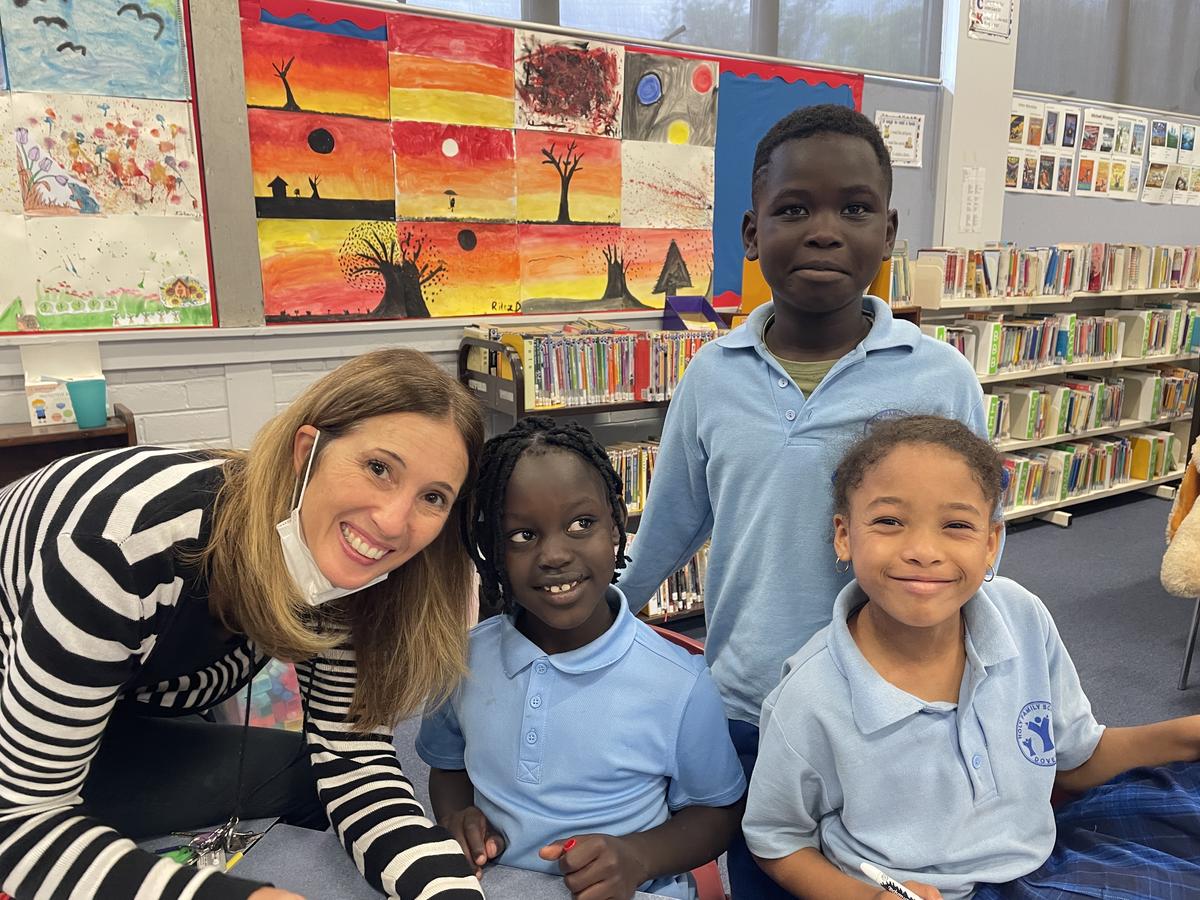

Australia is home to the oldest living culture, and Aboriginal and Torres Strait Islander people make up 2.8% of the Australian population, represented by hundreds of different traditional groups. Migration has also contributed to Australia's richness in diversity of cultures, ethnicities, and races. Over 300 separately identified languages are spoken in Australian homes, and more than one-fifth of Australians speak a language other than English at home.
At the end of Term 2, we celebrated HARMONY WEEK at Holy Family. The children at Holy Family represented thirty nationalities.
In a school community such as ours, we know that children interact and form friendships with other children from many cultures different from their own. When children understand, appreciate, and respect cultural, racial and ethnic diversity, it is a positive experience. Their understanding is instrumental in building a community of acceptance. And we know that when the people around us feel included and accepted, they have better mental health. As children create networks of inclusivity and attitudes of understanding, it will assist them in their relationships, both now and in the future, contributing to their social and emotional wellbeing.
During HARMONY WEEK, the children participated in various activities each day. This included:
ART
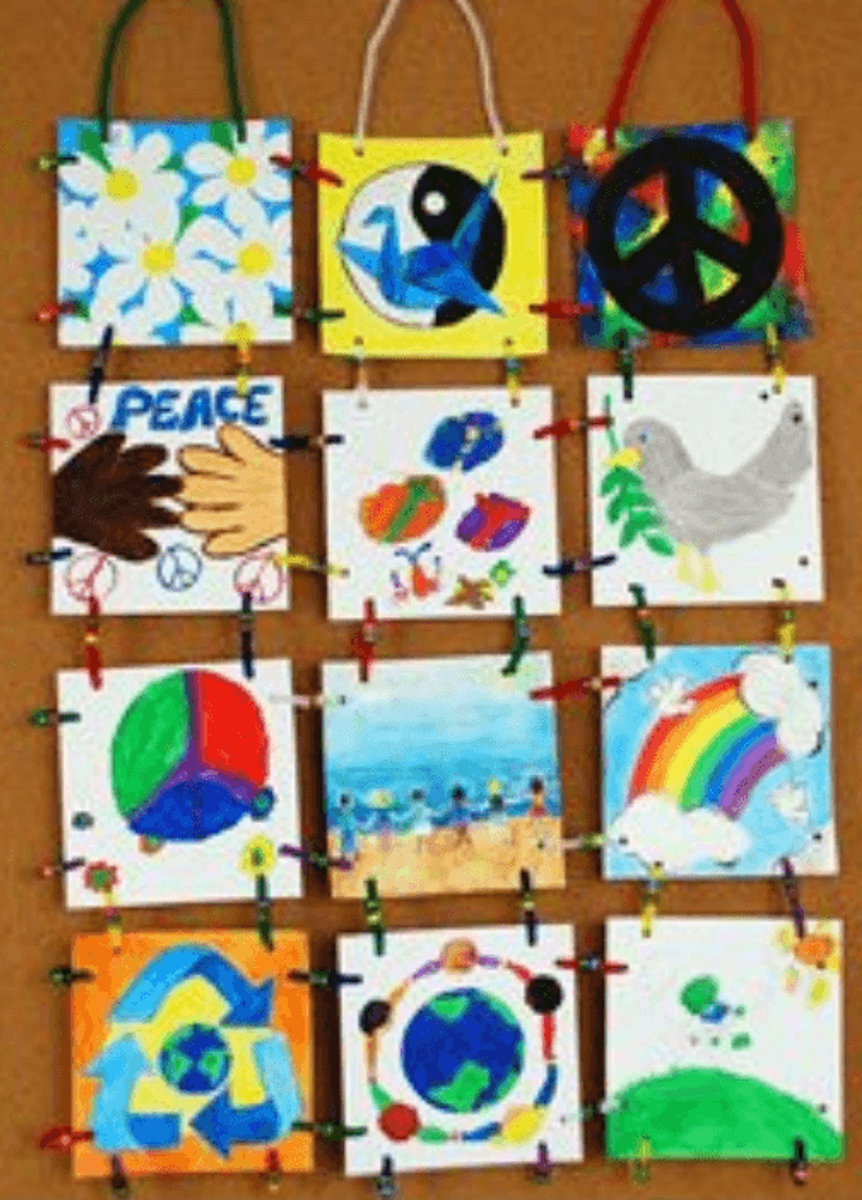

We come from many continents, but we are one!
The children worked in groups that represented the continents their families came from. We are creating a Harmony Day Quilt to hang in our foyer. Each child had a piece of cardboard on which they drew an image that represented their country. Flags, architecture, national flowers, costumes - children could express their knowledge of countries through their designs.
COOKING
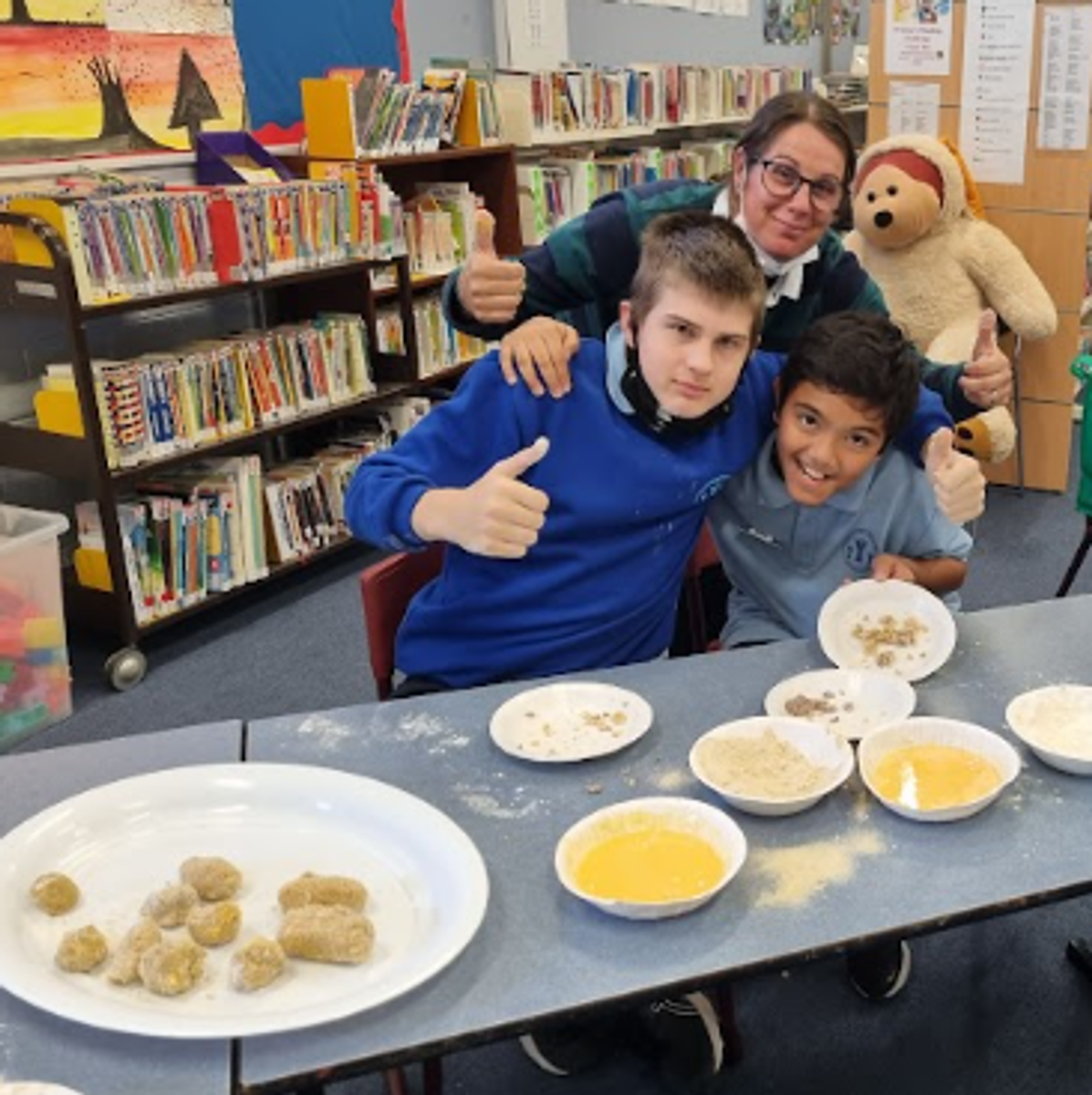

Culinary delights from across the world.
Introducing children to food enjoyed by people from other cultures is a fun way to familiarise them with different cultures, encourages them to be proud of their identities and promotes acceptance of human differences.
On Tuesday, the children participated in cooking. There were ten groups of children, and each group was paired up. They made either a savoury or a dessert and then shared it with their partner group. This way, each child got to taste two different culinary treats.
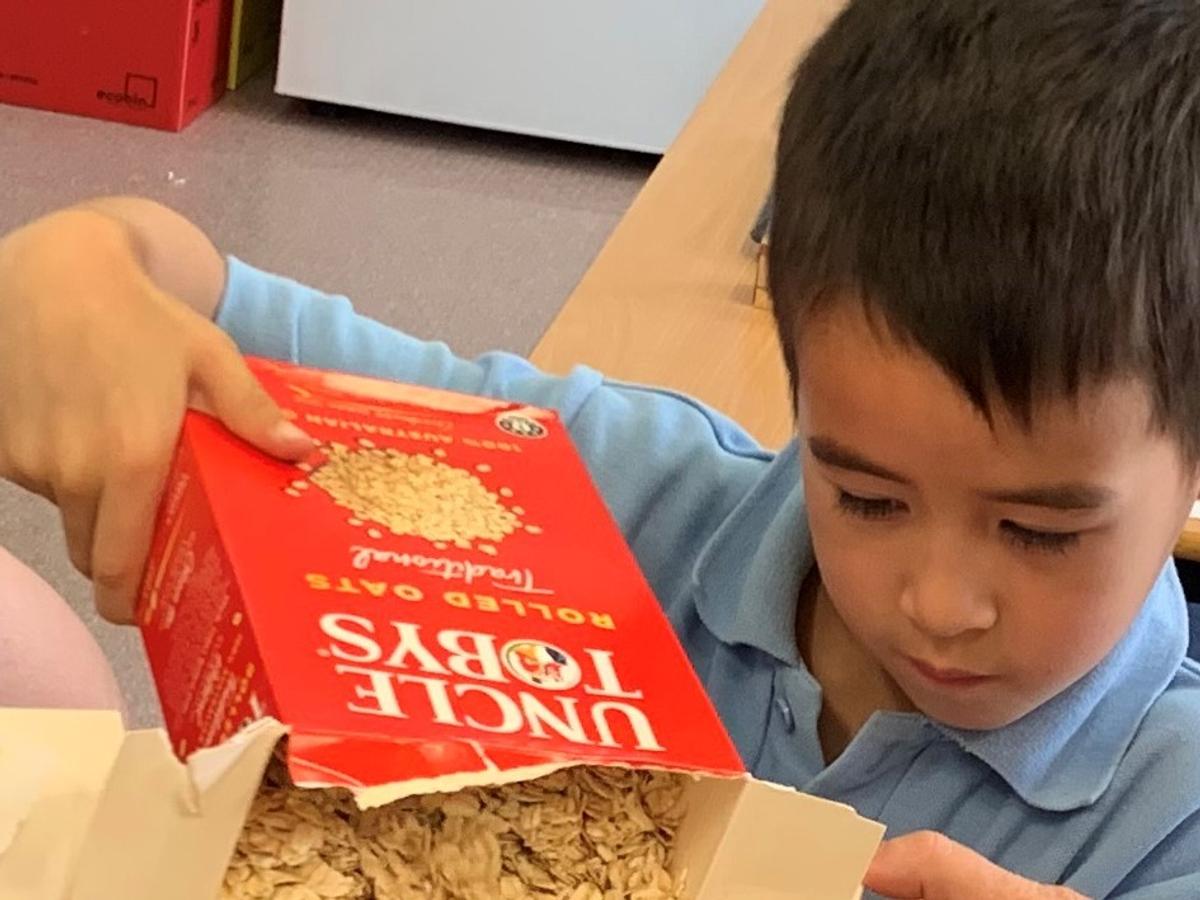
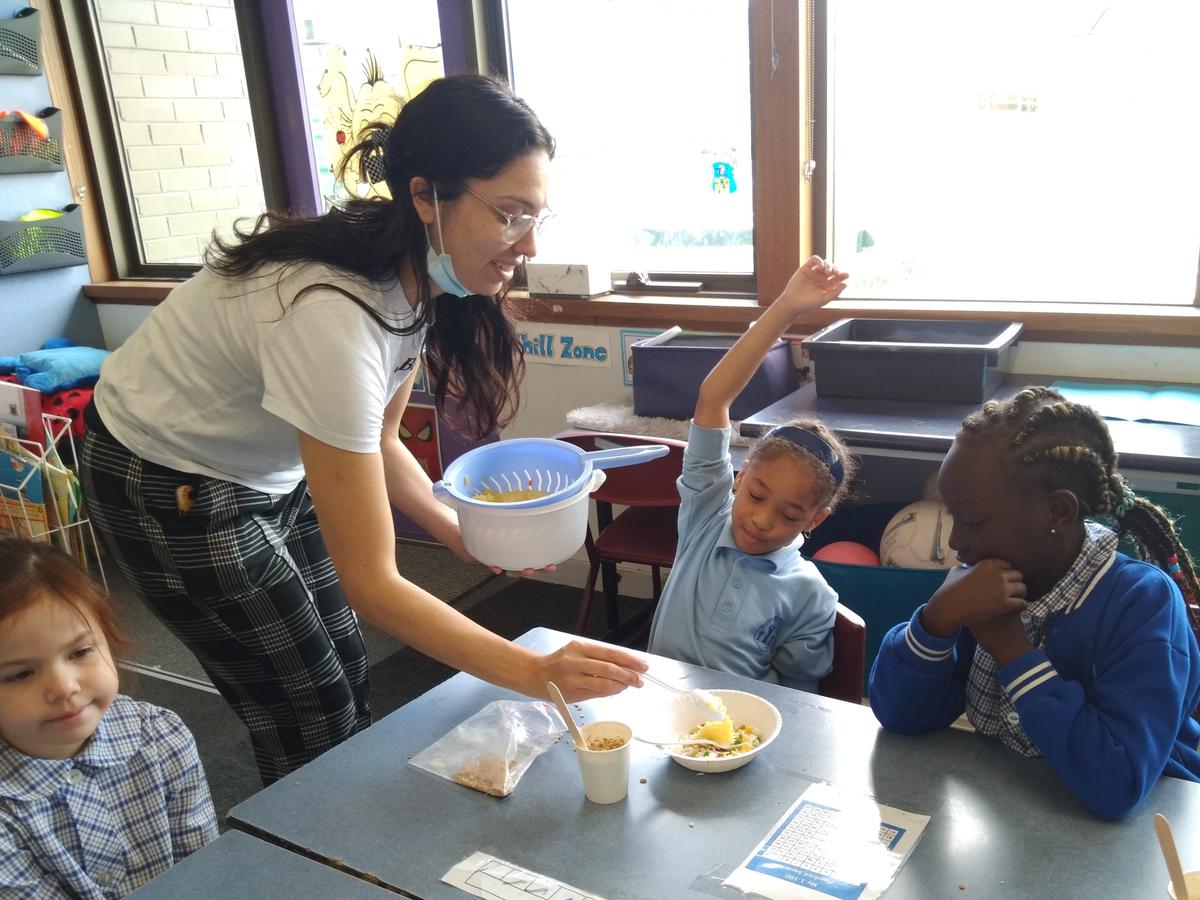
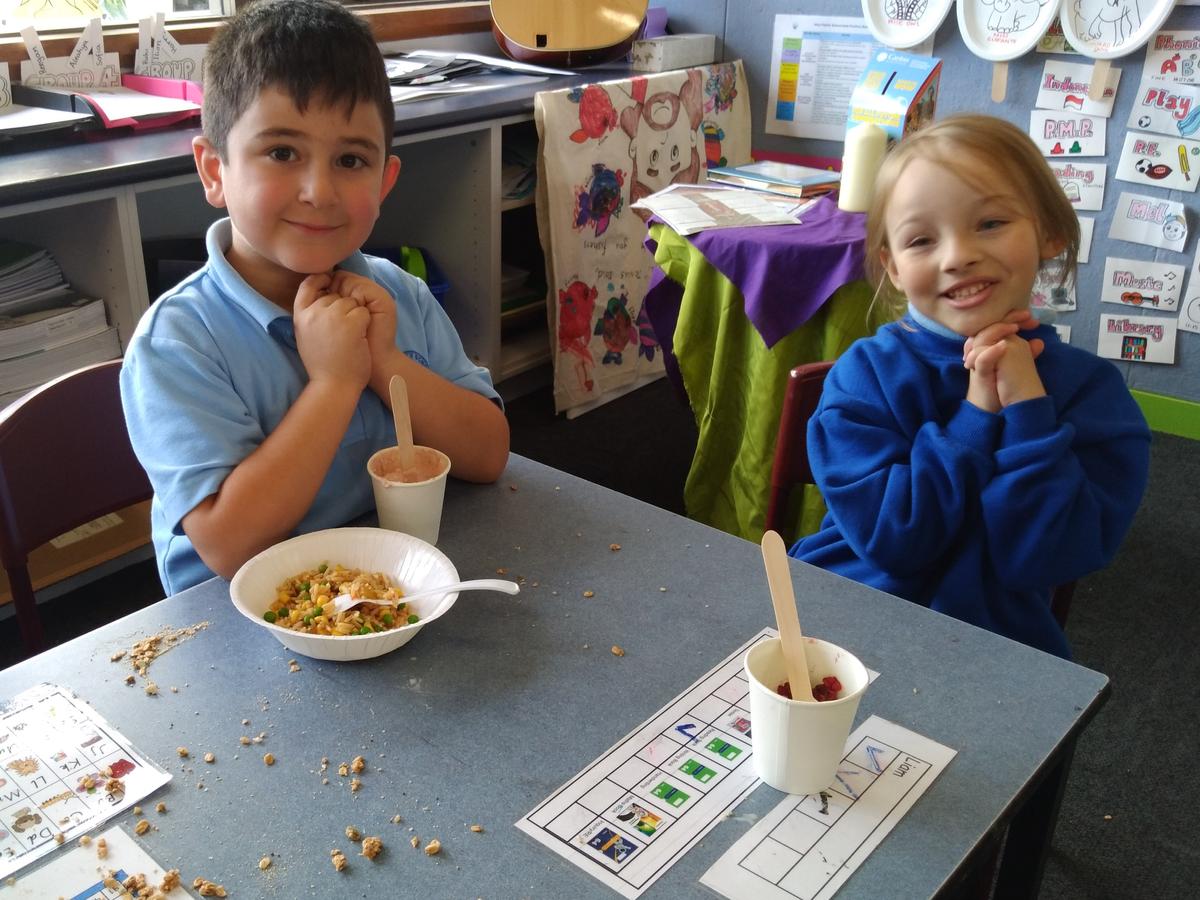



MULTICULTURAL GAMES
Games from around the world
On Wednesday, the Year 6 leaders hosted a games afternoon. The children participated in four multicultural games in their House Spirit Teams. One game was from India, another from Papua & New Guinea, while others were from Italy and the Czech Republic. The children enjoyed participating in the games. The Year 6 leaders did a great job of running this event.
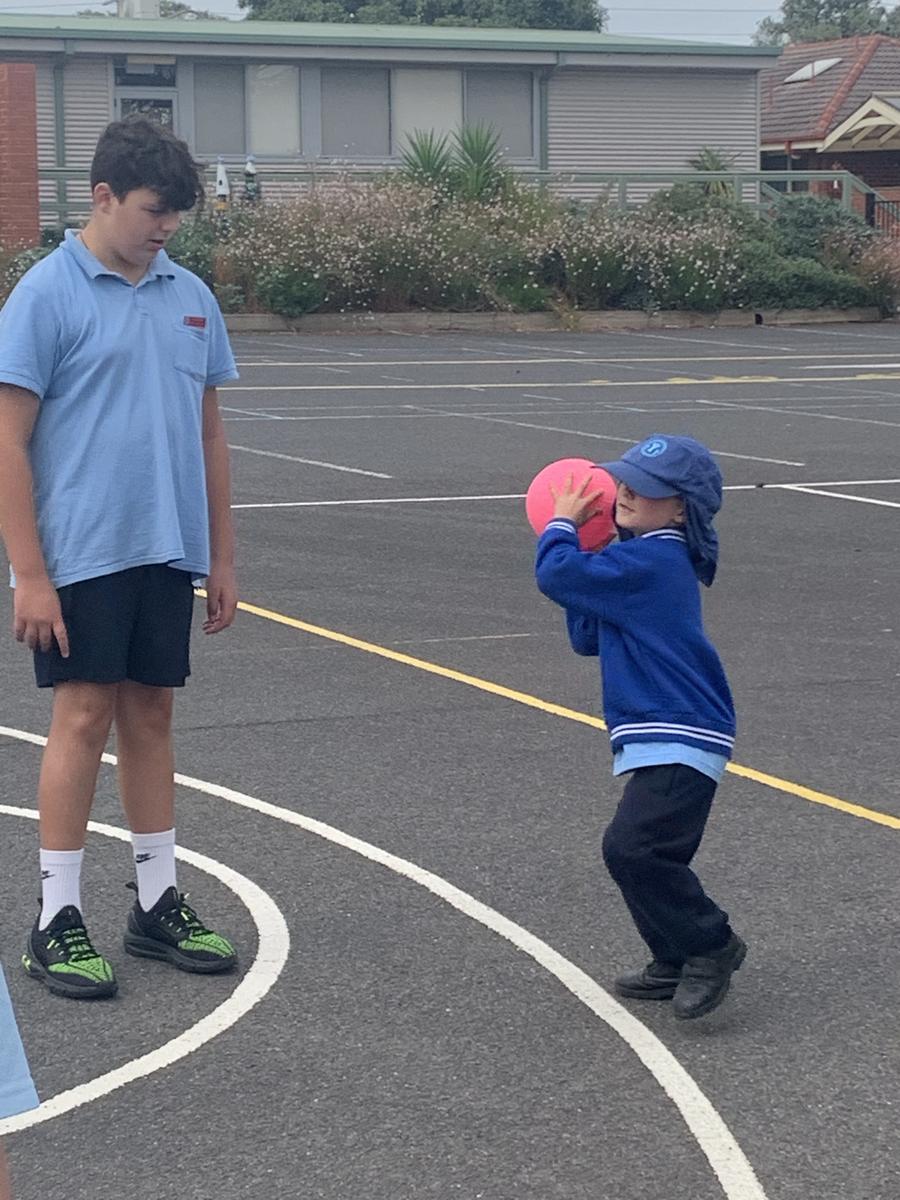
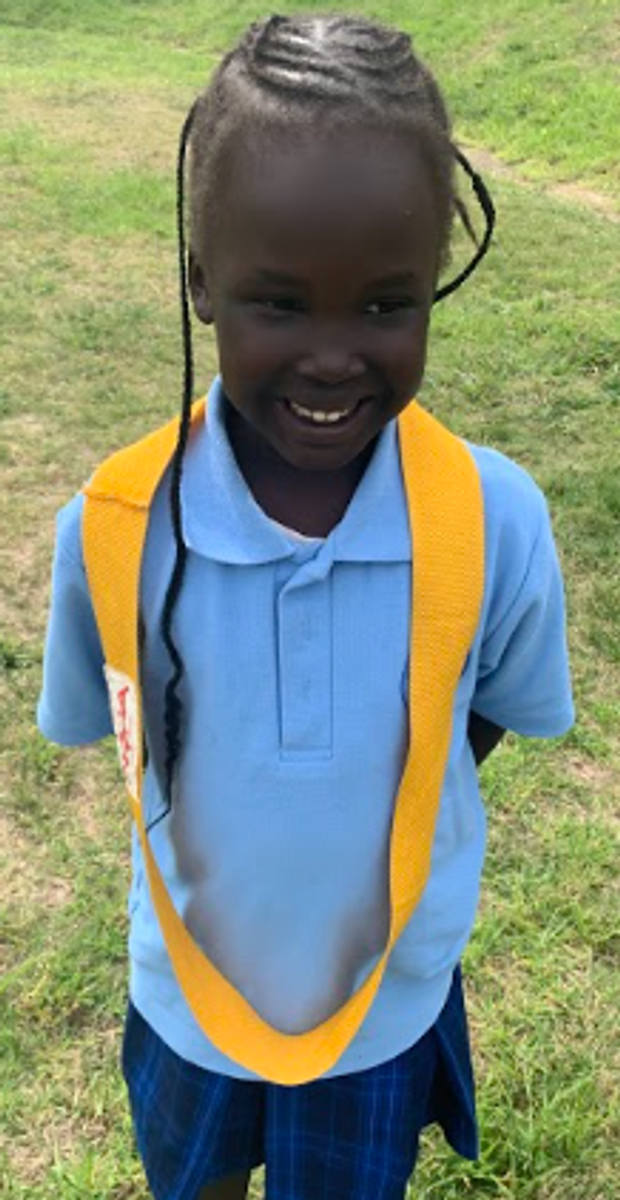
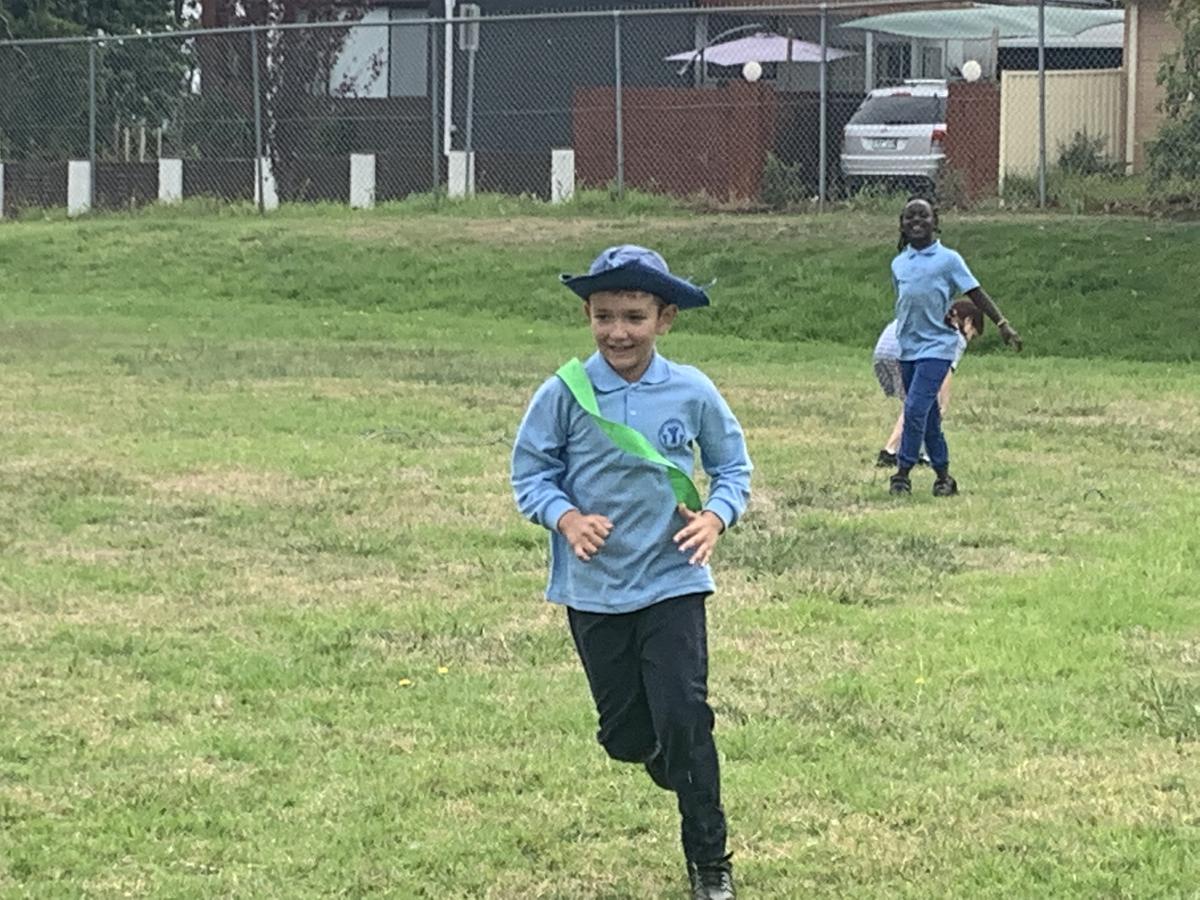



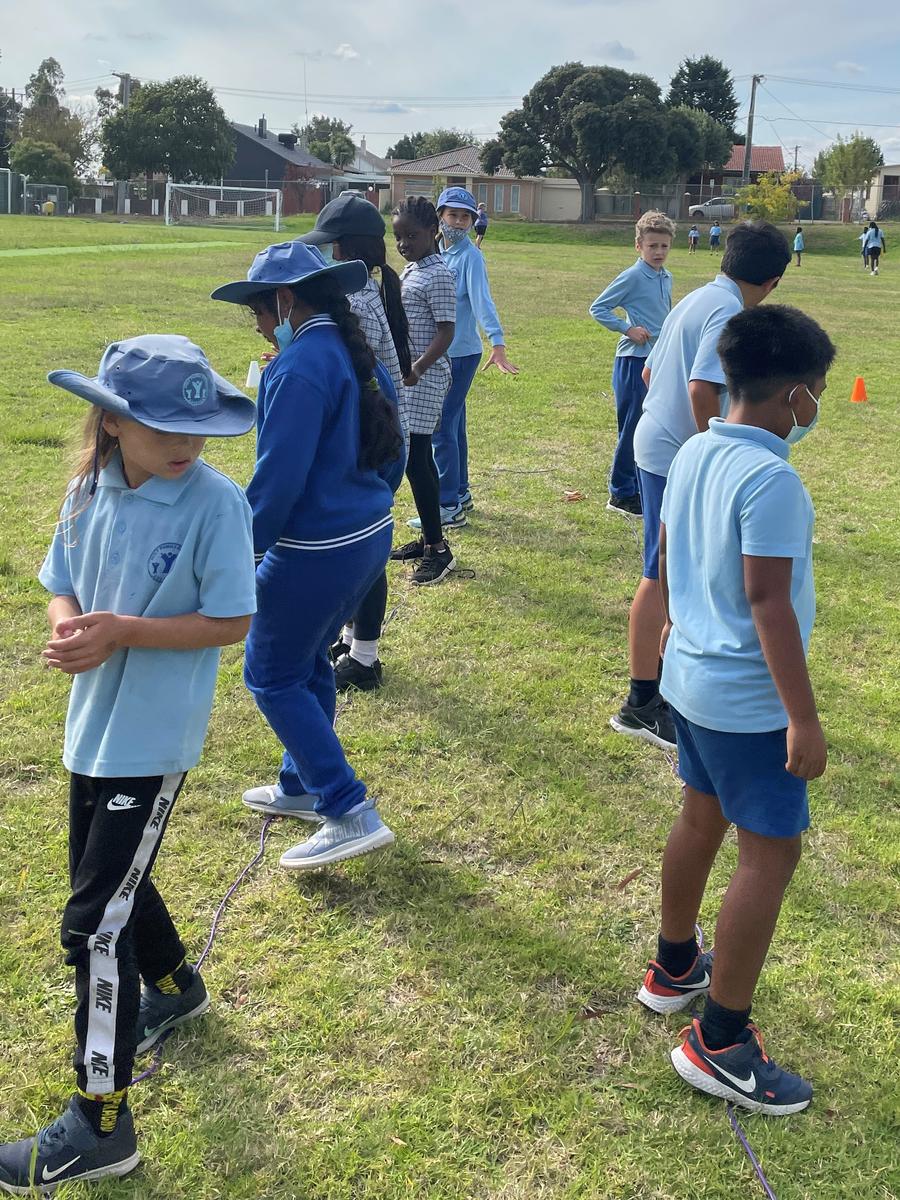
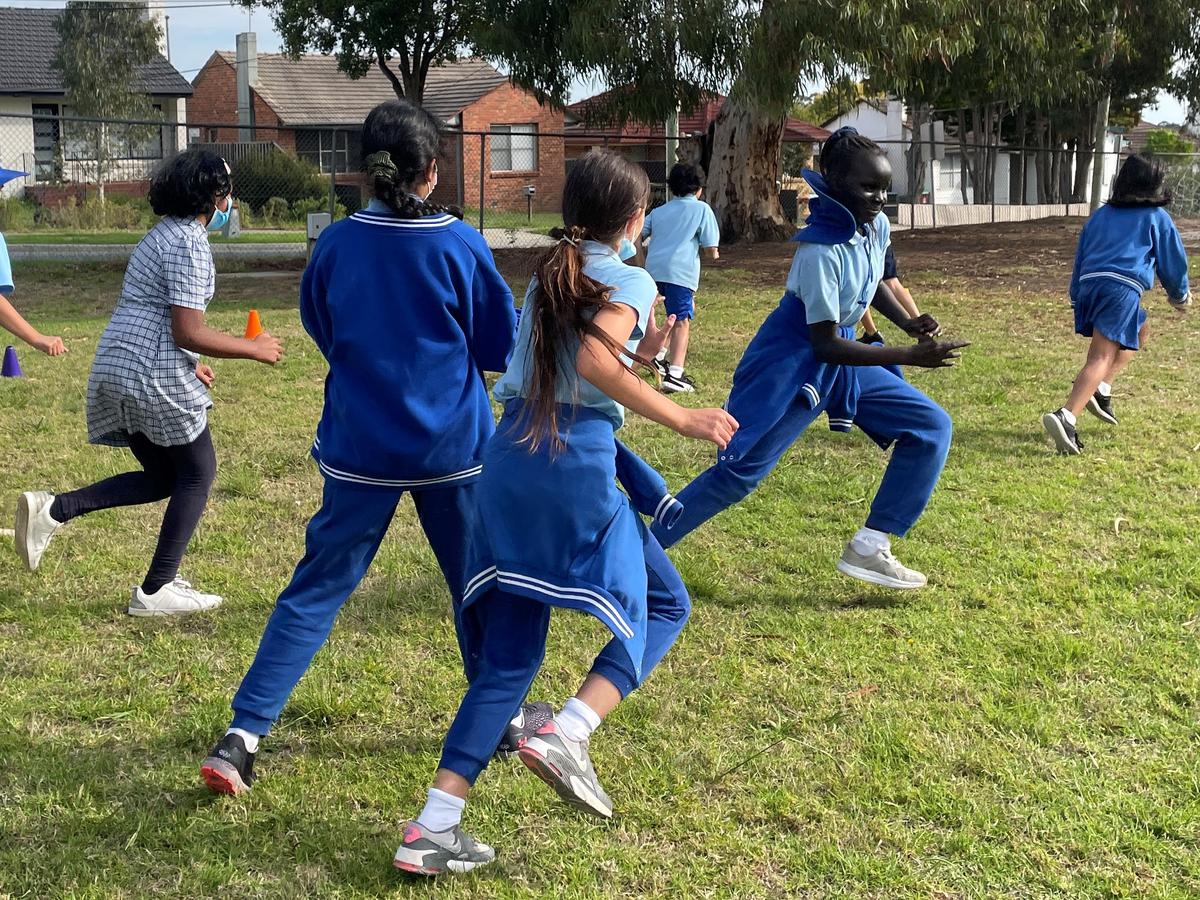


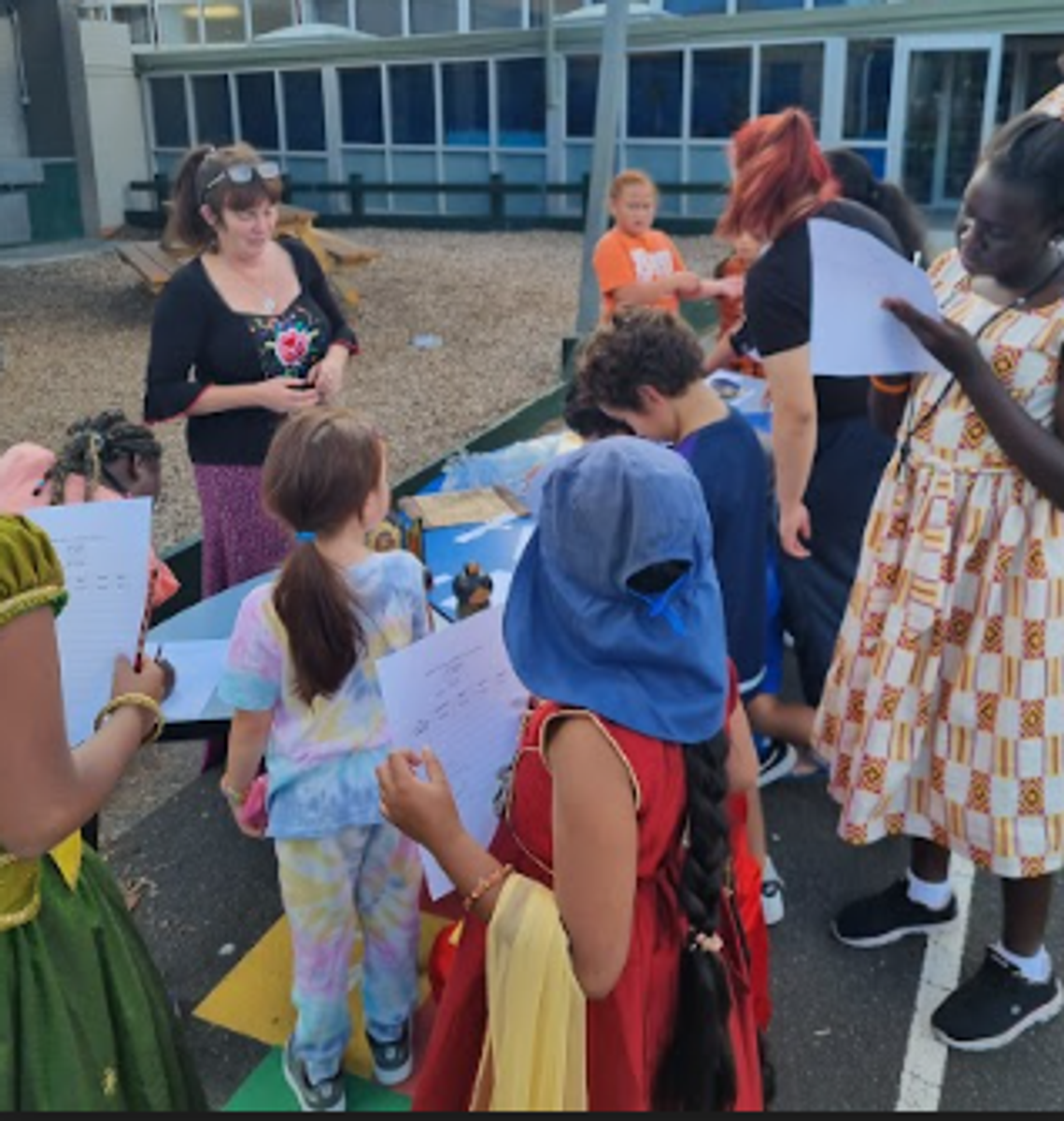

One of our lunchtime activities was working out which artifacts came from which country!
Two students from the Middle School, Deborah and Josephine, shared their thoughts about the week and, overall, felt that the opportunity to participate in Harmony Day/Week events isn't just about fun; it is about helping everyone to understand the importance of acceptance and that the meaning of harmony is that 'everyone belongs.'
I liked all the activities. I liked the first art activity because I got to draw a famous building in South Sudan. I didn't know we had any famous buildings.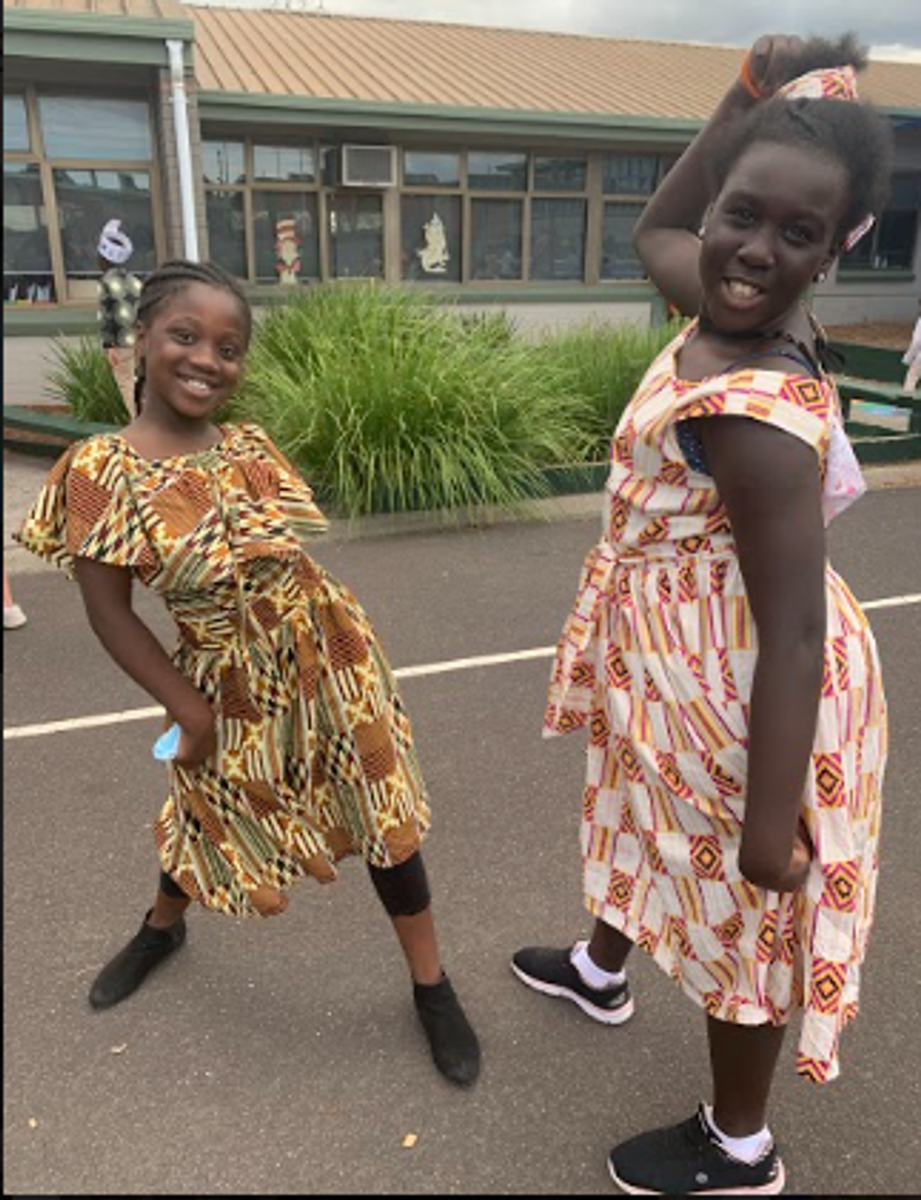
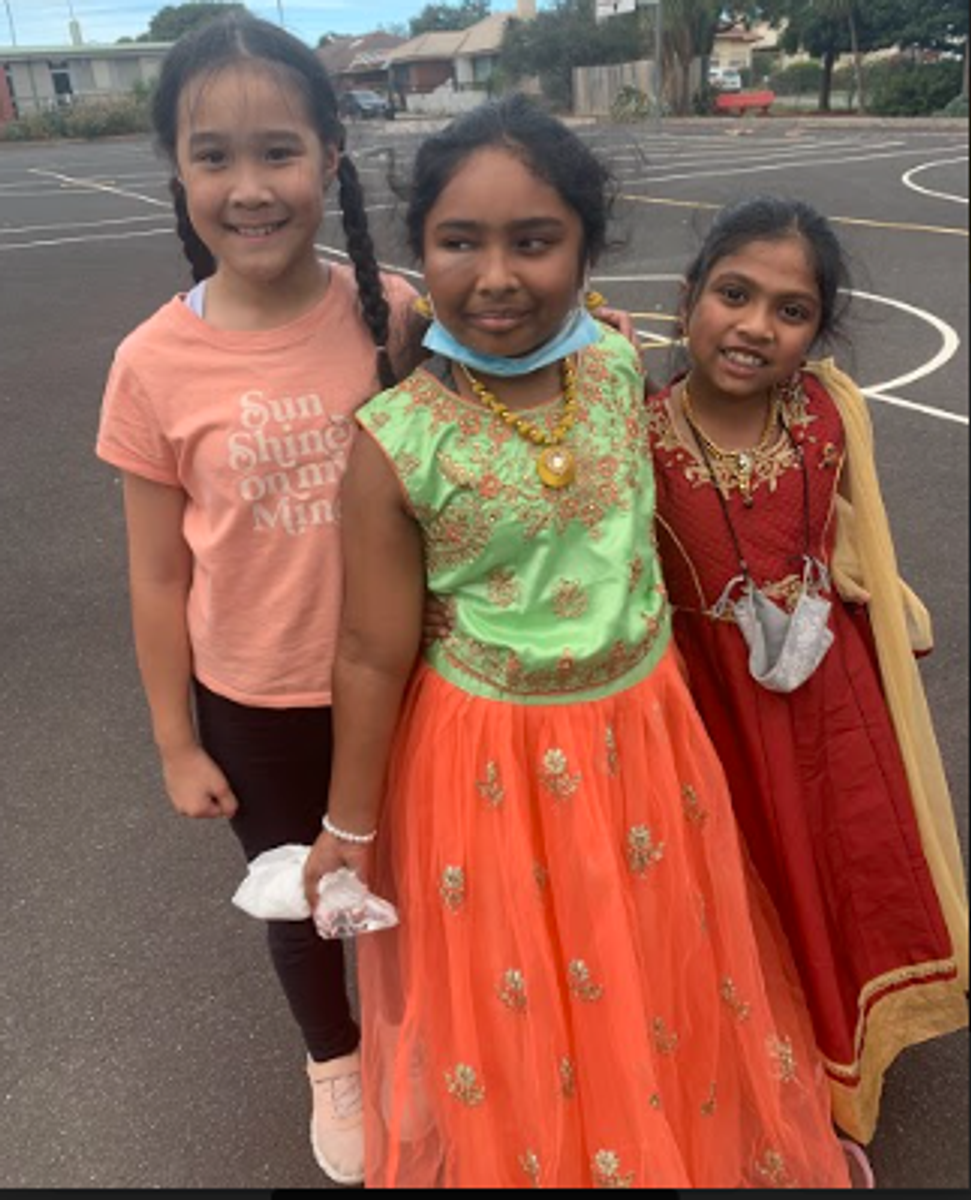


Connie Drossaert
Student Wellbeing